Support Your Child’s Personality Development
Personality development can feel complex and overwhelming—but understanding it doesn’t have to be. In this course, licensed psychologist Dr. Maya Bristow Klein offers practical tools and clear guidance to help you navigate how personality traits form, how to recognize early signs of concern, and how to nurture emotional resilience in your child.
Parenting Through the Lens of Personality Development
You may have spent hours trying to understand your child’s behavior or experimenting with parenting strategies, and still feel:
- Uncertain about complex emotional patterns
- Unsure how to recognize the early signs of concerning traits
- Overwhelmed by societal and cultural pressures
- In need of clear, actionable strategies to support emotional development
At Pathformers, we’ve worked with countless families navigating these very challenges. That’s why we created the Personality Development course series. Guided by Dr. Maya Bristow Klein, this series offers evidence-based insights and tools to help your child build emotional resilience and a strong sense of self.
Helping You Guide Your Child’s Growth - One Insight at a Time
We’ve broken down the complexities of personality development into a clear, practical roadmap so you can feel empowered—not overwhelmed—as you support your child’s growth.
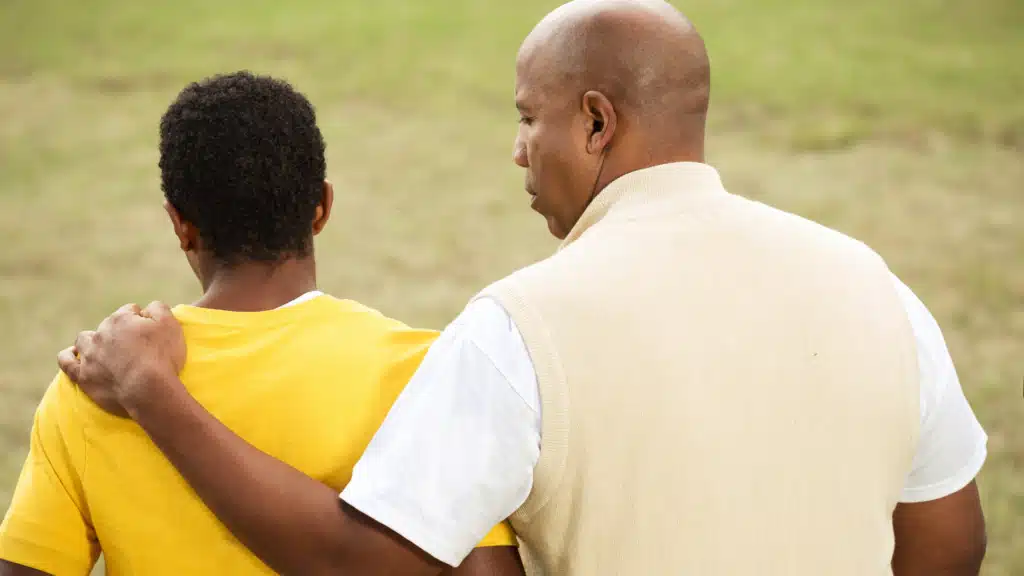
What You’ll Gain From This Course
Understanding Narcissism
Learn the roots of narcissism and how to distinguish normal developmental stages from traits that may need closer attention.
Recognizing Early Signs
Identify behaviors that shape your child’s relationships and self-image, and learn how to respond effectively.
Supporting Empathy and Independence
Create a healthy, balanced environment where your child can thrive emotionally and socially.
Navigating Cultural Pressures
Understand the role of social media, consumer culture, and parenting expectations in shaping your child’s identity.
Fostering Emotional Growth
Learn how to support your child as they navigate shame, envy, and identity-related challenges.
Understanding Personality Disorders
Explore traits associated with Cluster B disorders (including narcissistic, borderline, and antisocial personality patterns) and learn supportive strategies to intervene early and effectively.
Parents Like You Trust Pathformers
Inside the Course
Dr. Maya Bristow Klein leads each module, turning complex psychological concepts into accessible insights with real-world parenting tools. Every video is paired with reflection worksheets to help you apply what you’ve learned.
Course Modules
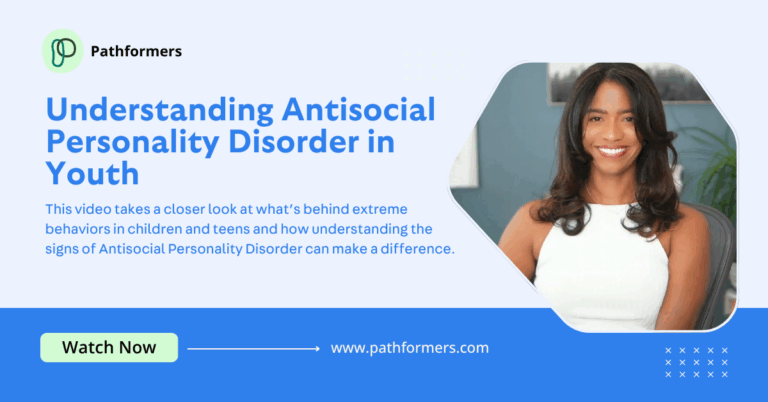
Understanding Antisocial Personality Disorder in Youth
This video takes a closer look at what’s behind extreme behaviors in children and teens and how understanding the signs of Antisocial Personality Disorder can make a difference.
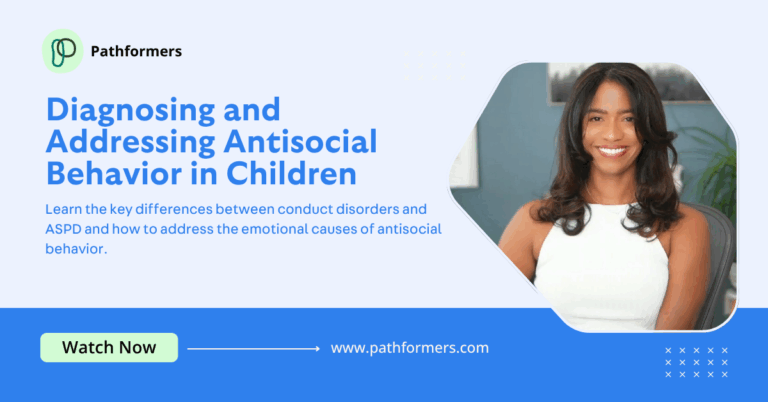
Diagnosing and Addressing Antisocial Behavior in Children
Learn the key differences between conduct disorders and ASPD and how to address the emotional causes of antisocial behavior.
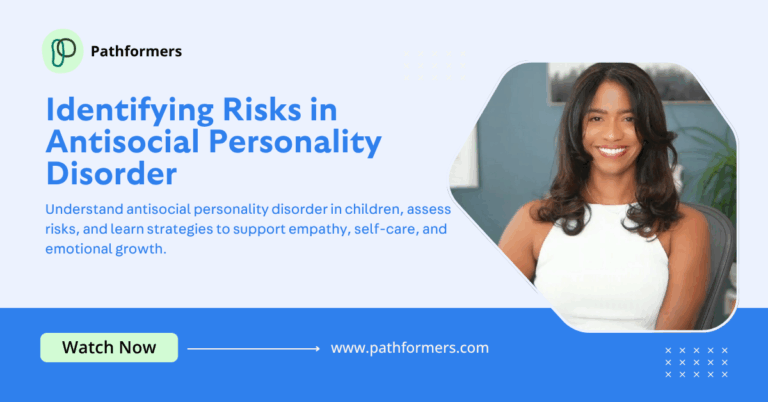
Identifying Risks in Antisocial Personality Disorder
Understand antisocial personality disorder in children, assess risks, and learn strategies to support empathy, self-care, and emotional growth.
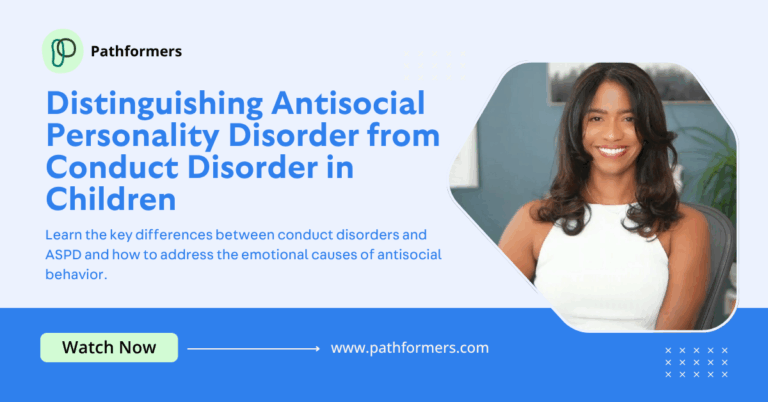
Distinguishing Antisocial Personality Disorder from Conduct Disorder in Children
Learn the key differences between conduct disorders and ASPD and how to address the emotional causes of antisocial behavior.

Exploring Antisocial Traits, Extroversion and Inflexibility
Understand how deprivation shapes behavior and learn strategies to address manipulation and self-reliance.
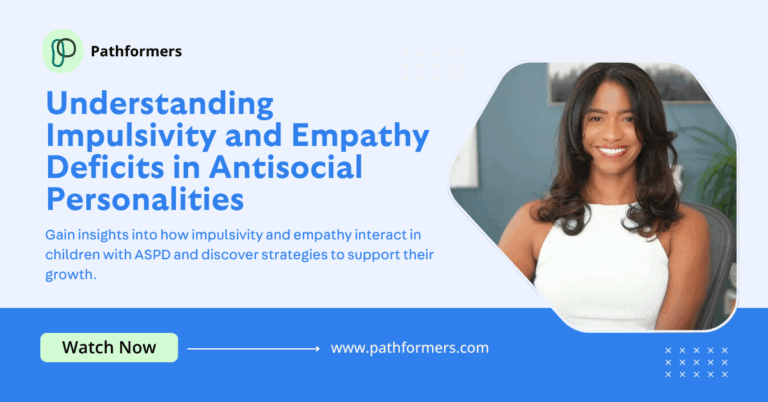
Understanding Impulsivity and Empathy Deficits in Antisocial Personalities
Gain insights into how impulsivity and empathy interact in children with ASPD and discover strategies to support their growth.
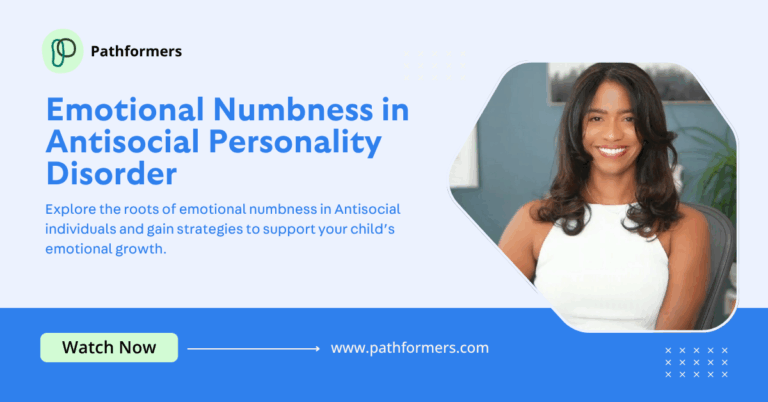
Emotional Numbness in Antisocial Personality Disorder
Explore the roots of emotional numbness in Antisocial individuals and gain strategies to support your child’s emotional growth.
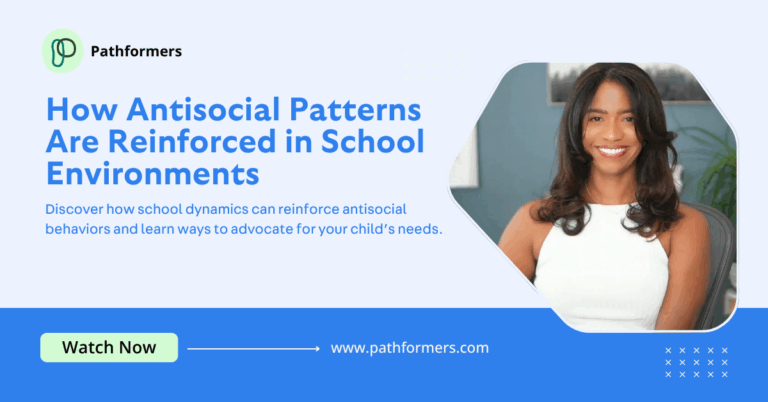
How Antisocial Patterns Are Reinforced in School Environments
Discover how school dynamics can reinforce antisocial behaviors and learn ways to advocate for your child’s needs.
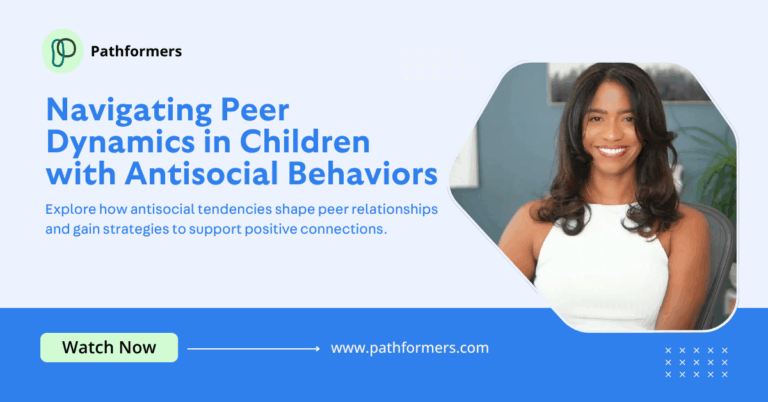
Navigating Peer Dynamics in Children with Antisocial Behaviors
Explore how antisocial tendencies shape peer relationships and gain strategies to support positive connections.
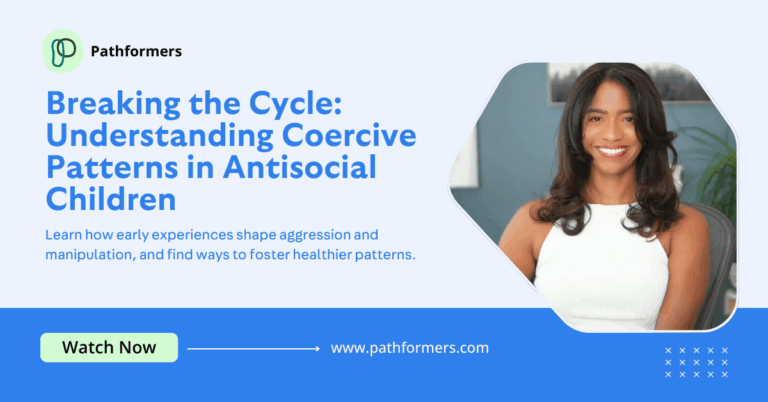
Breaking the Cycle: Understanding Coercive Patterns in Antisocial Children
Learn how early experiences shape aggression and manipulation, and find ways to foster healthier patterns.
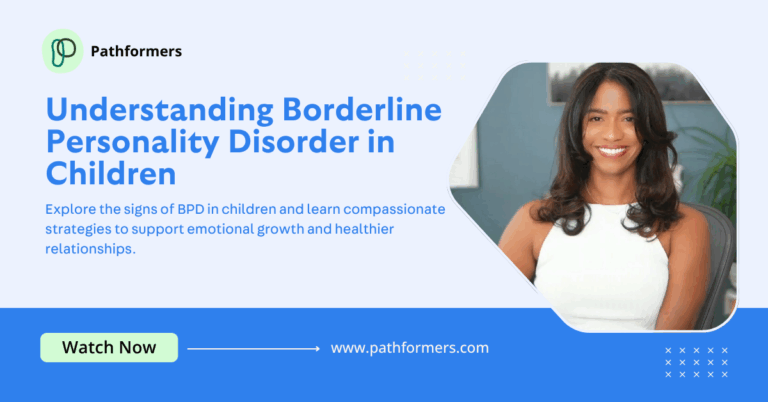
Understanding Borderline Personality Disorder in Children
Explore the signs of BPD in children and learn compassionate strategies to support emotional growth and healthier relationships.
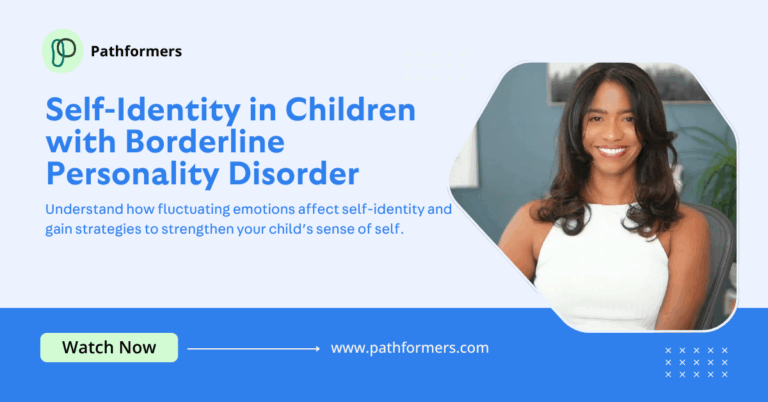
Self-Identity in Children with Borderline Personality Disorder
Understand how fluctuating emotions affect self-identity and gain strategies to strengthen your child’s sense of self.
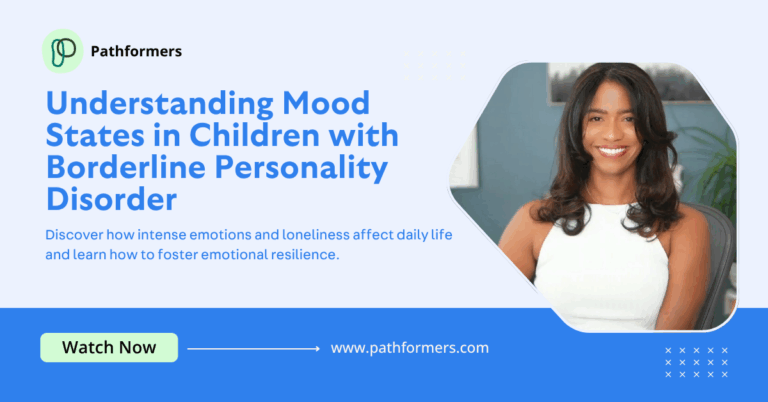
Understanding Mood States in Children with Borderline Personality Disorder
Discover how intense emotions and loneliness affect daily life and learn how to foster emotional resilience.
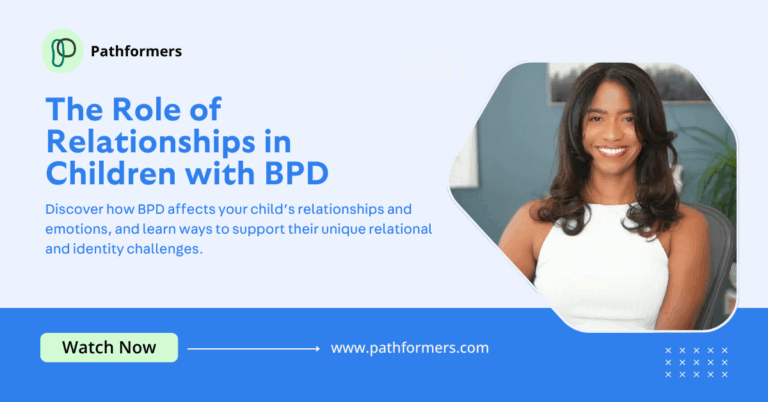
The Role of Relationships in Children with BPD
Discover how BPD affects your child’s relationships and emotions, and learn ways to support their unique relational and identity challenges.
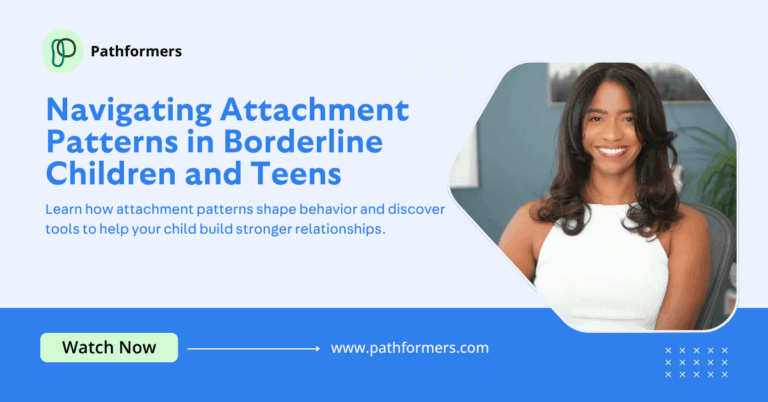
Navigating Attachment Patterns in Borderline Children and Teens
Learn how attachment patterns shape behavior and discover tools to help your child build stronger relationships.
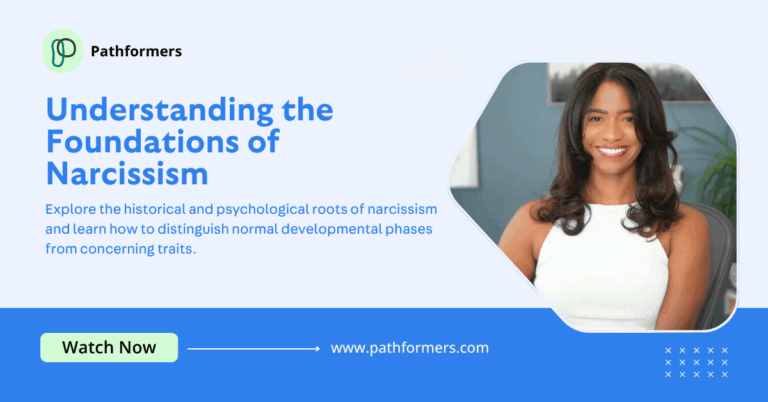
Understanding the Foundations of Narcissism
Explore the historical and psychological roots of narcissism and learn how to distinguish normal developmental phases from concerning traits.
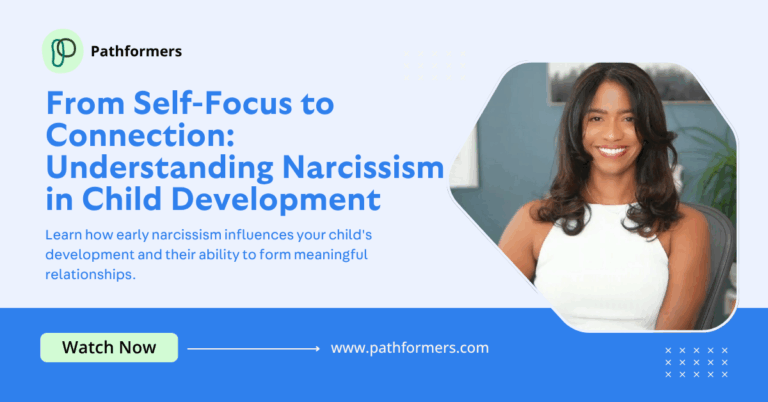
From Self-Focus to Connection: Understanding Narcissism in Child Development
Learn how early narcissism influences your child's development and their ability to form meaningful relationships.
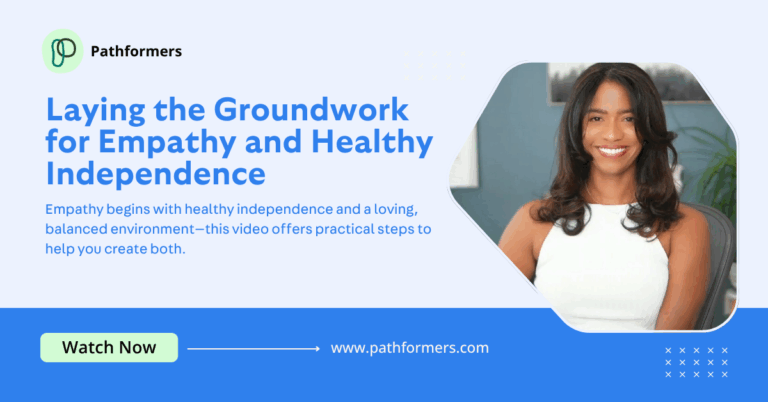
Laying the Groundwork for Empathy and Healthy Independence
Empathy begins with healthy independence and a loving, balanced environment—this video offers practical steps to help you create both.
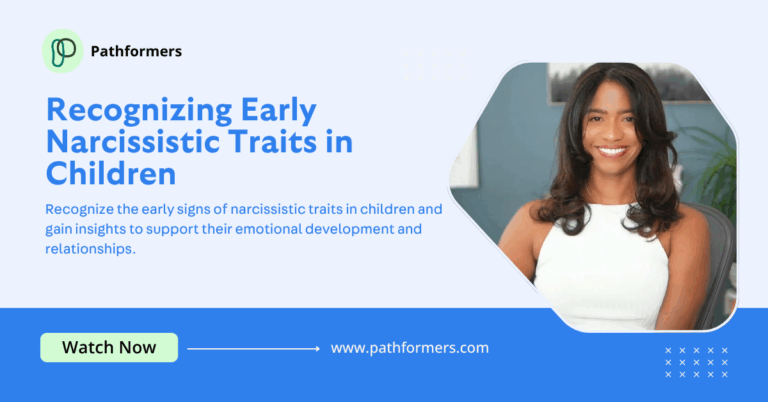
Recognizing Early Narcissistic Traits in Children
Recognize the early signs of narcissistic traits in children and gain insights to support their emotional development and relationships.
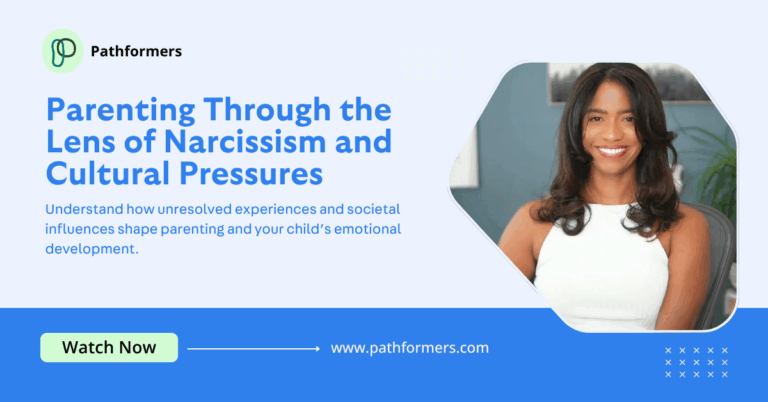
Parenting Through the Lens of Narcissism and Cultural Pressures
Understand how unresolved experiences and societal influences shape parenting and your child’s emotional development.
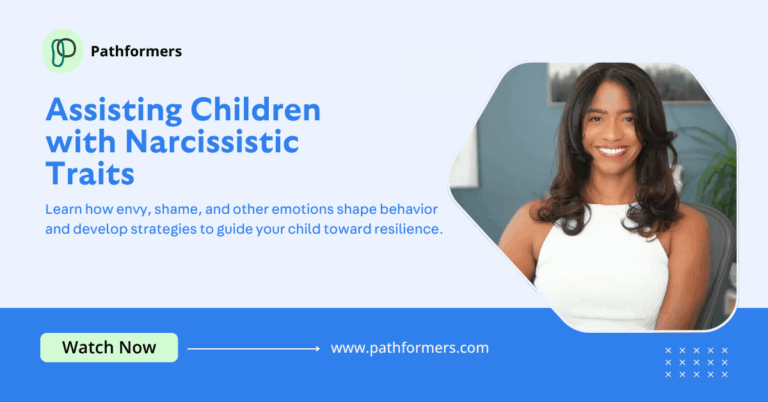
Assisting Children with Narcissistic Traits
Learn how envy, shame, and other emotions shape behavior and develop strategies to guide your child toward resilience.
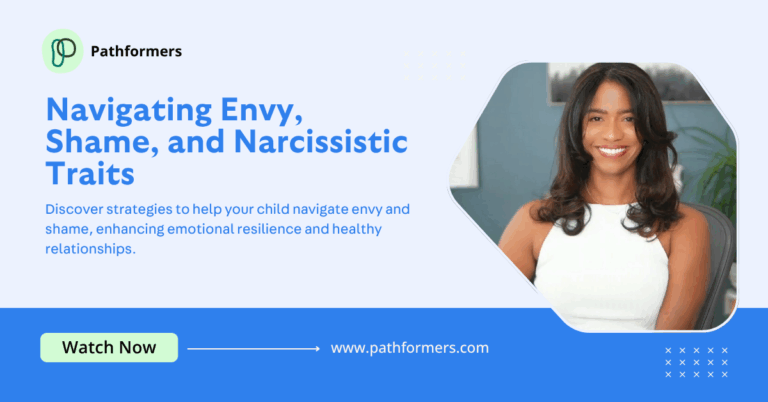
Navigating Envy, Shame, and Narcissistic Traits
Discover strategies to help your child navigate envy and shame, enhancing emotional resilience and healthy relationships.
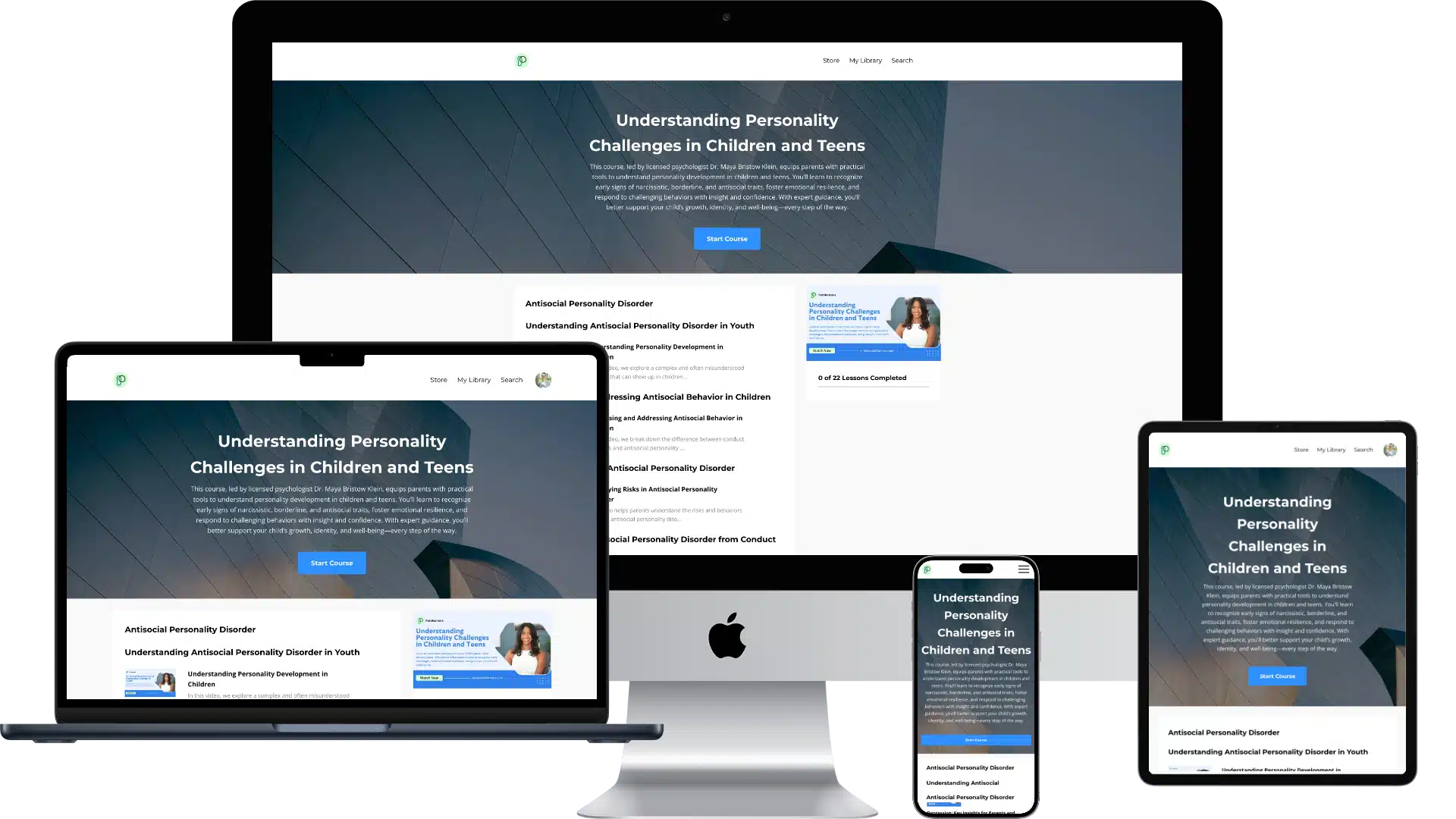
Empowering Parents, Strengthening Families
With expert guidance and actionable strategies, this course equips you to better understand your child’s emotional world, strengthen your family’s connections, and foster healthy development—no matter what challenges you’re facing.
Frequently Asked Questions
What will I learn from the Personality Development course?
You’ll gain a deeper understanding of how personality traits form and how to support your child’s emotional and social development.
Who is this course designed for?
This course is for parents who want practical tools to understand and guide their child’s personality development—whether you’re concerned about traits you’ve noticed or want to proactively support emotional growth.
How can I support my child if I notice concerning traits?
You’ll learn to set boundaries with empathy, respond to troubling behaviors with insight, and know when—and how—to seek additional help.
What are the early signs of a personality disorder in children?
This course covers how to identify persistent patterns of emotional instability, social difficulties, and behavioral concerns that may signal a deeper issue.
Can personality traits lead to long-term challenges?
Yes—early patterns often shape how a child forms relationships and copes emotionally. This course helps you understand those patterns and intervene constructively.
When should I seek professional help for my child?
We’ll guide you in recognizing red flags and knowing when to involve a trained mental health provider—along with how to work effectively with professionals.




